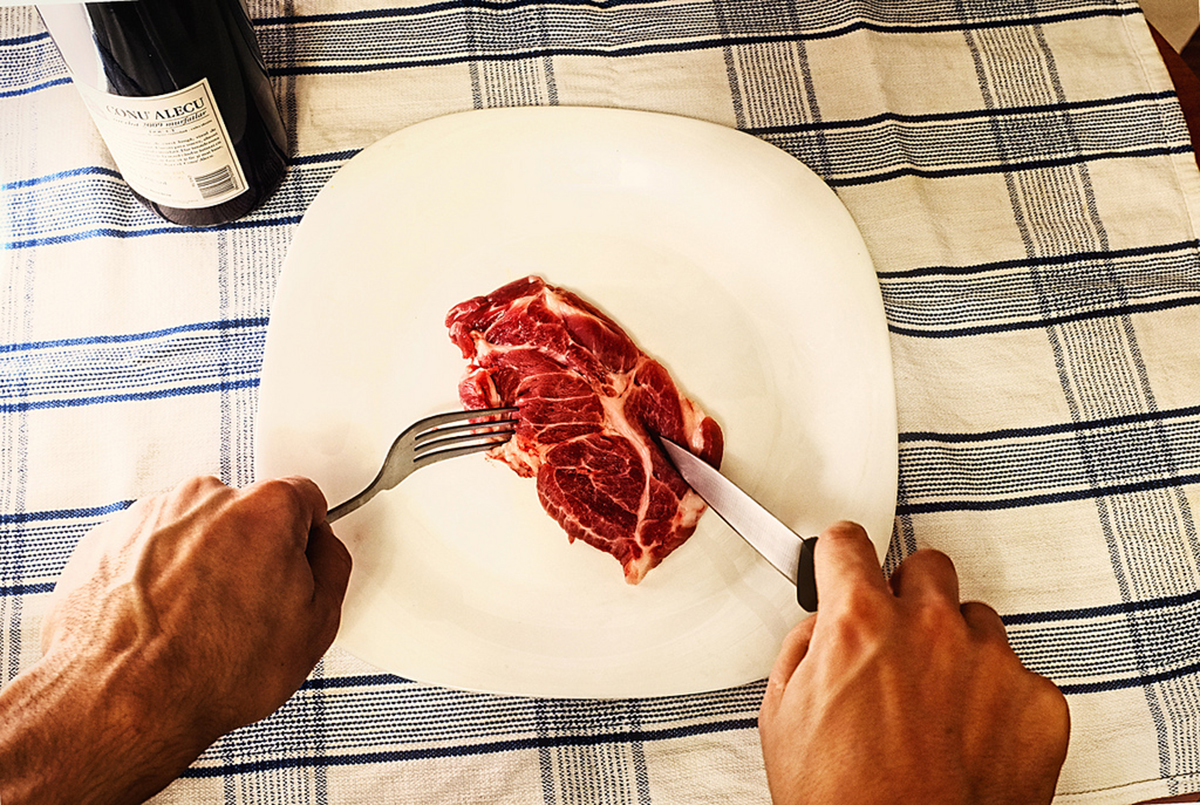Table of Contents
What are proteins?
Proteins are defined as a group of biological compounds which are found in every living cell, tissue and organ of the body. It's present in the body as antibodies, enzymes, hormones and many more. Proteins take part in every cell-mediated process which occurs in the body and are responsible for the formation, repair, protection and regulation of the body. When needed, it can also become an energy provider for the body when carbohydrates are not accessible or available.

They're involved in a range of processes within living beings which includes molecular transportation from one location to another, DNA replication, coordination and communication within the cells as well as catalysis of enzymes.
Amino acids
Amino acids are the building blocks of protein products. The breakdown of protein into amino acids is important since the latter are used by the body to aid in tissue repair, breaking down of other food products and for overall growth.
There exist essential amino acids (which can't be produced by the body and must therefore be provided through the diet), non-essential amino acids (these are formed by the body either from the breakdown of proteins in the body or breakdown of the essential amino acids) and conditional amino acids (those that are only essential during times of stress or illness).
Types of proteins
The types of proteins which are found can be divided into 3 groups.
- Globular proteins are found in water environments and function as enzymes and antibodies.
- Membranous proteins are found in the cellular membrane and their function consists of membrane transport and signaling.
- Fibrous proteins are structured proteins which are found in areas such as the bones, muscles, ligaments as well as keratin (found in hair and nails) and collagen (present in skin).
Dietary sources of proteins
Chicken eggs have the most protein available per serving size. 1 large egg contains 6 grams of protein which is the equivalent of 30 grams of cooked meat. Organic beef, which is high in conjugated linoleic acid (CLA), not only helps build muscle but it also helps to metabolize fat faster.
READ Protein-Rich Salad Ideas For New Vegetarians And 'Flexitarians'
Fish such as herring, salmon and tuna are not only high in essential amino acids but also essential fatty acids such as omega-3. Omega-3 helps to promote cardiovascular and neurological health but also aids in muscle tissue repair, recovery and maintenance.
Other examples of protein containing meats include poultry (chicken, turkey and duck), pork and mutton (trimmed of fat).
Nuts are also a very good source of protein and they include unsalted peanuts or cashews, raw almonds, hazelnuts, pecans, pistachios, walnuts, macadamia nuts, pine nuts and brazil nuts. Pumpkin and sunflower seeds are also very good protein alternatives. Legumes are also high in protein and include kidney beans, pinto beans, split peas and garbanzo beans.
- www.organicfacts.net/health-benefits/other/health-benefits-of-proteins.html
- Infographic by SteadyHealth.com
- Photo courtesy of marius_boatca: www.flickr.com/photos/marius_boatca/6334728131/
- Photo courtesy of marius_boatca: www.flickr.com/photos/marius_boatca/6334728131/


Your thoughts on this